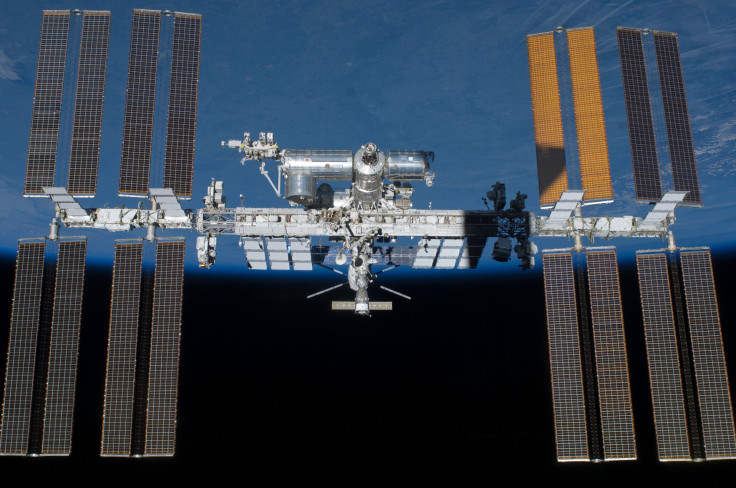Russia To Build A Space Station In 2017: Political Posturing Or Actual Possibility?

Russia is planning to launch an independent space station in 2017, thus cutting ties with the United States and NASA, according to Kommersant, a Russian daily newspaper. While this would be a radical development, as well as a huge blow to international space cooperation, it seems likely the statements are dictated by politics rather than actual scientific need, and that they may be more boast than reality.
This isn't the first time Russia has threatened to end the long-standing relationship between its space agency, Roscosmos, and NASA. When a new round of economic sanctions were levied against Russia in April, Deputy Prime Minister Dmitry Rogozin, who oversees the defense industry, threatened to prevent NASA from using Russian rockets to send astronauts to the International Space Station. NASA relies on Roscosmos for manned launches and pays around $71 million for a ticket aboard a Soyuz spacecraft. Rogozin colorfully suggested NASA use a "trampoline" to send astronauts to space.
Analysts were quick to point out the flaws in Rogozin's statement. Sergei Oznobishchev, director at the Institute for Strategic Assessments, a Moscow think tank, told Reuters that any deal cutting off the West would ultimately hinder Russia since it relies on imports of components such as microchips for satellites and spacecraft. Roscosmos is also reliant for funding on those trips purchased by NASA.
Alex Roland, a professor emeritus of history at Duke University and a former NASA historian, said he was surprised by the announcement and believed it didn't have much to do with any scientific ambition. "My first reaction is that this sounds like more of [Russian President Vladimir] Putin's version of political theater -- a way to grandstand at home while embarrassing the U.S. and drawing attention to its dependence on Russian support for the International Space Station," Roland said.
Politics aside, some say there are few reasons why Russia would want to launch its own space station. "I expect that the Russians could put up a space station if they wanted to, but I cannot imagine why they would want to. They claim that they will put it in a better orbit for serving Russian needs, and that makes sense. But if they are interested in Earth monitoring and observation, they can perform those functions better and more cheaply with automated spacecraft," Roland said.
Perhaps most importantly, the money necessary to launch, and support, a space station may be too much for Roscosmos. Putin announced a huge budget increase for the space agency with spending reaching $52 billion through 2020, for an average annual budget of $5.6 billion. NASA's fiscal budget for 2015 is $17.5 billion -- $3.05 billion of which is dedicated to space station maintenance.
"Of course all this raises the question of whether or not the United States should try to maintain the space station beyond 2020," Roland said. "Claims are being made that it can function until 2028, but it is very expensive to maintain and it has produced very little to justify its cost. Maybe the U.S. should just shut down or sell the space station in 2020 and call Russia's bluff."
© Copyright IBTimes 2025. All rights reserved.






















